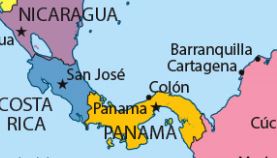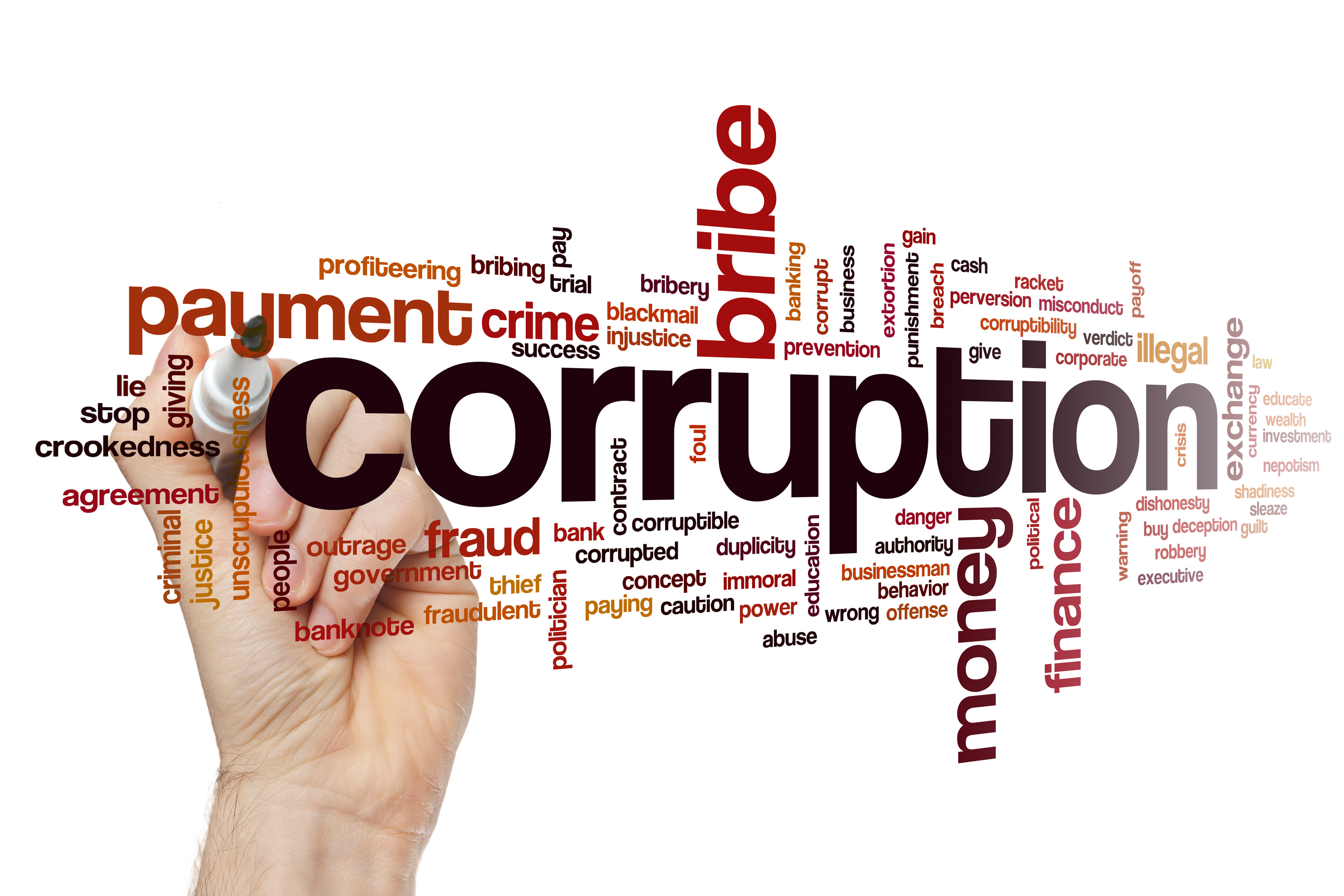Update on Panama Papers – 4/19

Hasn’t been a lot of breaking news on the Panama Papers lately. Fair amount of follow-up though.
Here are a few articles of interest to me.
- General update. How massive stories might be staffed in future.
- More comments on the legitimate of offshore banking.
- Senior government officials under the spotlight.
General update
4/9 – Fabius Maximus –Those Who Are (and Are Not) Sheltered From the Panama Papers – News we’ve heard thus far is likely just the tip of the iceberg of what will ultimately come out of the massive leak. Article pointed me to the following:
4/8 – Stratfor – Those Who Are (and Are Not) Sheltered From the Panama Papers – Most of the damaging information released to date hits the developing world the most. Yet the bigger impact in on the western countries where there is relatively little information.
Article starts with point that the news we’ve read so far is just the start. Also points out the big leaks are growing in frequency and volume over the last several years.
Very long article walks through on a country-by-country basis what has been revealed and how big an issue is present. A few things of interest to me:
Senior politicians are implicated in five of the former Soviet republics.
A number of current or former Politburo members in China have family members involved.
Article dives deep into the possible implications or lack thereof in each of many countries.
4/14 – New Yorker – The Panama Papers and the Monster Stories of the Future – The person leaking the story gave the material to a German newspaper, who did not have the staffing to handle the story.
…
Update on Panama Papers – 4/19 Read More »









